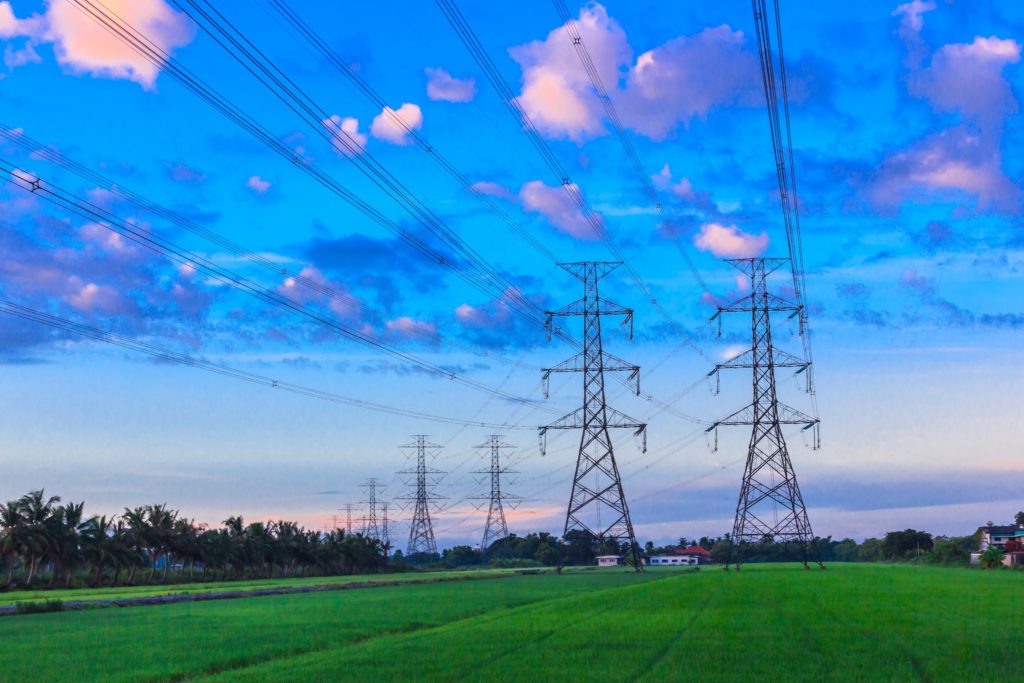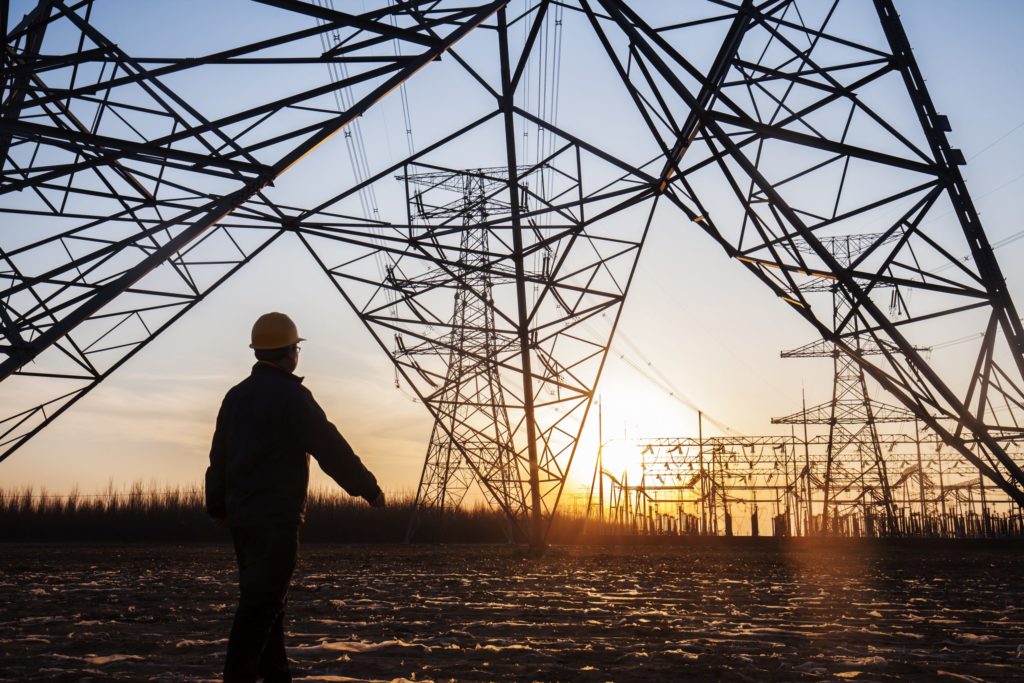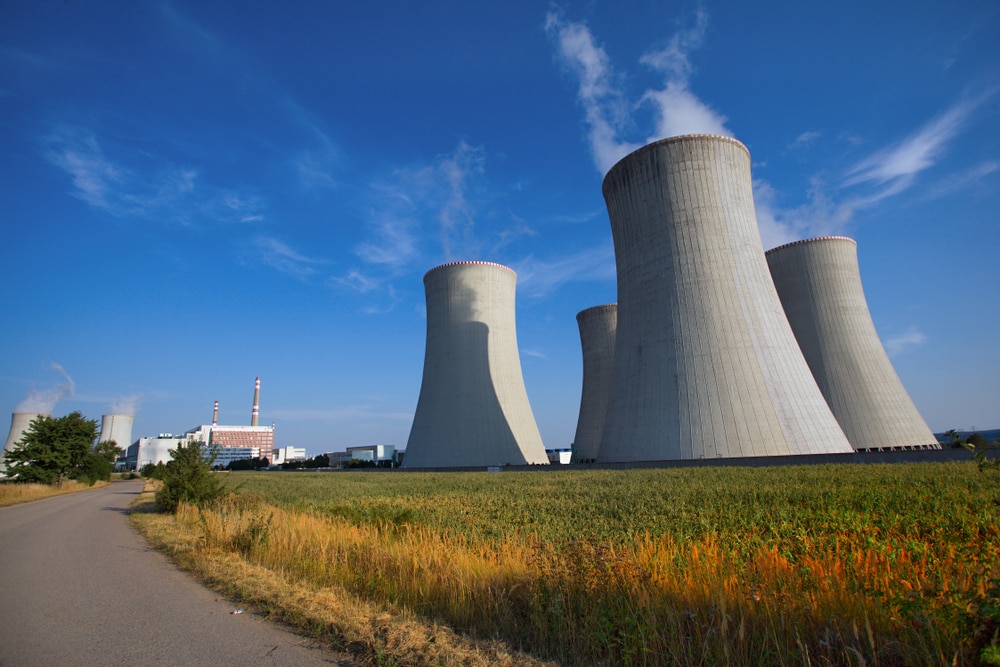Low-Energy Fridays: Industrial Policy for Climate is a Mirage
I often hear about how we should look to “industrial policy” to address climate change. The idea is that we should use the power of government to force certain industries into existence or to bolster key industries. Advocates assert that this is a new theory that relies on some modern, sophisticated economic understanding, or that the problem it would address is so great it justifies any cost. In truth, this is the same central planning paradigm that has been attempted many times before. While I appreciate and respect the intent of the pro-industrial-policy camp, it is important to recognize that there are three major reasons why it never works out as hoped.
First, it ignores the knowledge problem in economics. To explain this simply, consider how a person may decide to spend their money. When someone buys any product, they weigh many important factors into that decision. That buyer is sending signals to producers about what preferences exist in the market, and producers allocate resources to act on that. Under industrial policy—or any central planning mechanism—it is a third party, typically a government bureaucrat, responsible for allocating capital to production to elicit some politically preferred outcome. Because it is impossible for this third party to accurately know the needs of consumers better than themselves, their allocation of capital is going to be inherently less efficient. In simple terms, we end up spending more to get less.
Second, it ignores the importance of comparative advantage. Every worker has certain advantages they bring to their job, and some people are better suited to one type of job over another. Geographical regions also have certain advantages. Florida is much better for producing oranges than Alaska, and California is better at producing movies than Massachusetts. Sometimes this is because of geographical or climate features, but other times it is because of institutional knowledge and pre-existing infrastructure. These comparative advantages are good because we get better products at a lower cost.
In the minds of industrial policy advocates, the only reason we are worse at producing something is because we haven’t sufficiently invested in it, and these comparative advantages are ignored. Taiwan, for example, is the dominant producer of chips because of their institutional experience and companion industries that make it a great location to produce chips, not because the United States was too slow on its investment with the CHIPS Act. When industrial policy proponents cite success, they usually point to China, and they gloss over China’s comparative advantages in producing goods at low cost from low wages, poor workplace safety, weak environmental standards and even their use of slave labor.
Comparative advantage is not something that is simply willed away with more investment or government planning.
And the third and most important problem with industrial policy is that it ignores the inherent entanglement between economic and social liberty. This topic demands more words than can be offered here, but to put it simply, when government uses its power to prop up an industry it does so not by creating something new but by taking away from other economic activity through taxes or mandates. For example, suppose someone earnestly desires to be a baker, but government has decided that baking is less important than solar panel production, and bakers should be taxed to pay for support to the solar industry. That baker’s opportunities for human flourishing will suffer, not just from the taxes they must pay but because the burdens placed upon their industry restrict their opportunities for success.
This all exists on a spectrum, but thinkers like Friedrich August von Hayek laid out in The Road to Serfdom how this ends-justify-the-means approach to the ordering of economic capital is fundamentally at odds with a philosophy that values human dignity and individual choice.
Industrial policy ultimately can’t succeed in the long run because it ignores that central planners make for terrible planners, that some people can do things better than others, and something is lost when a government-structured economy prevents people from aspiring to their potential. Even when the cause seems just, like climate change, we must appreciate that industrial policy is an inefficient mechanism for achieving hoped-for outcomes, and this is why R Street emphasizes market-based solutions to major policy problems.









